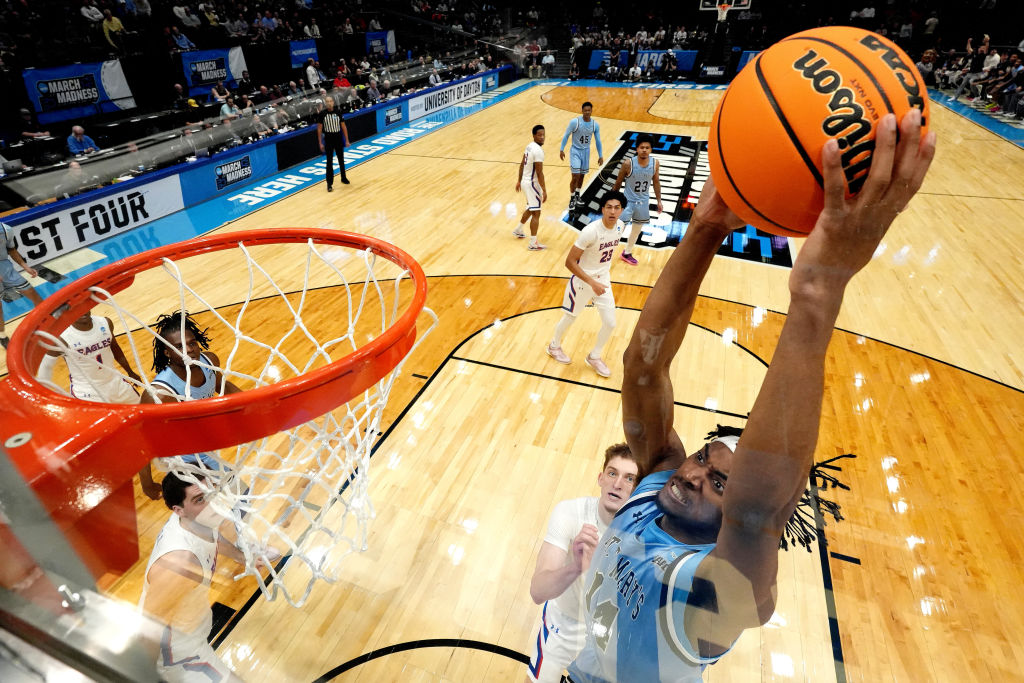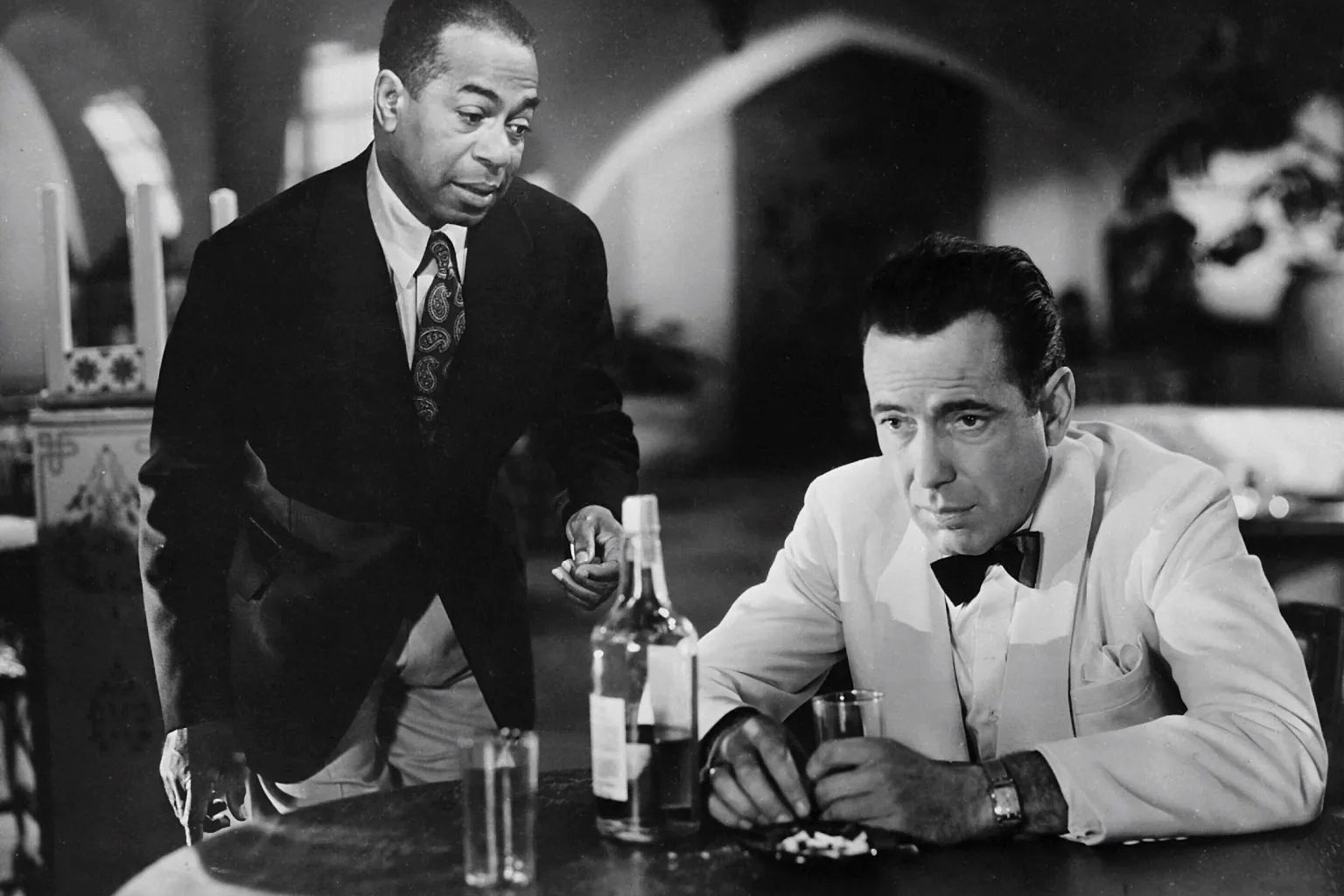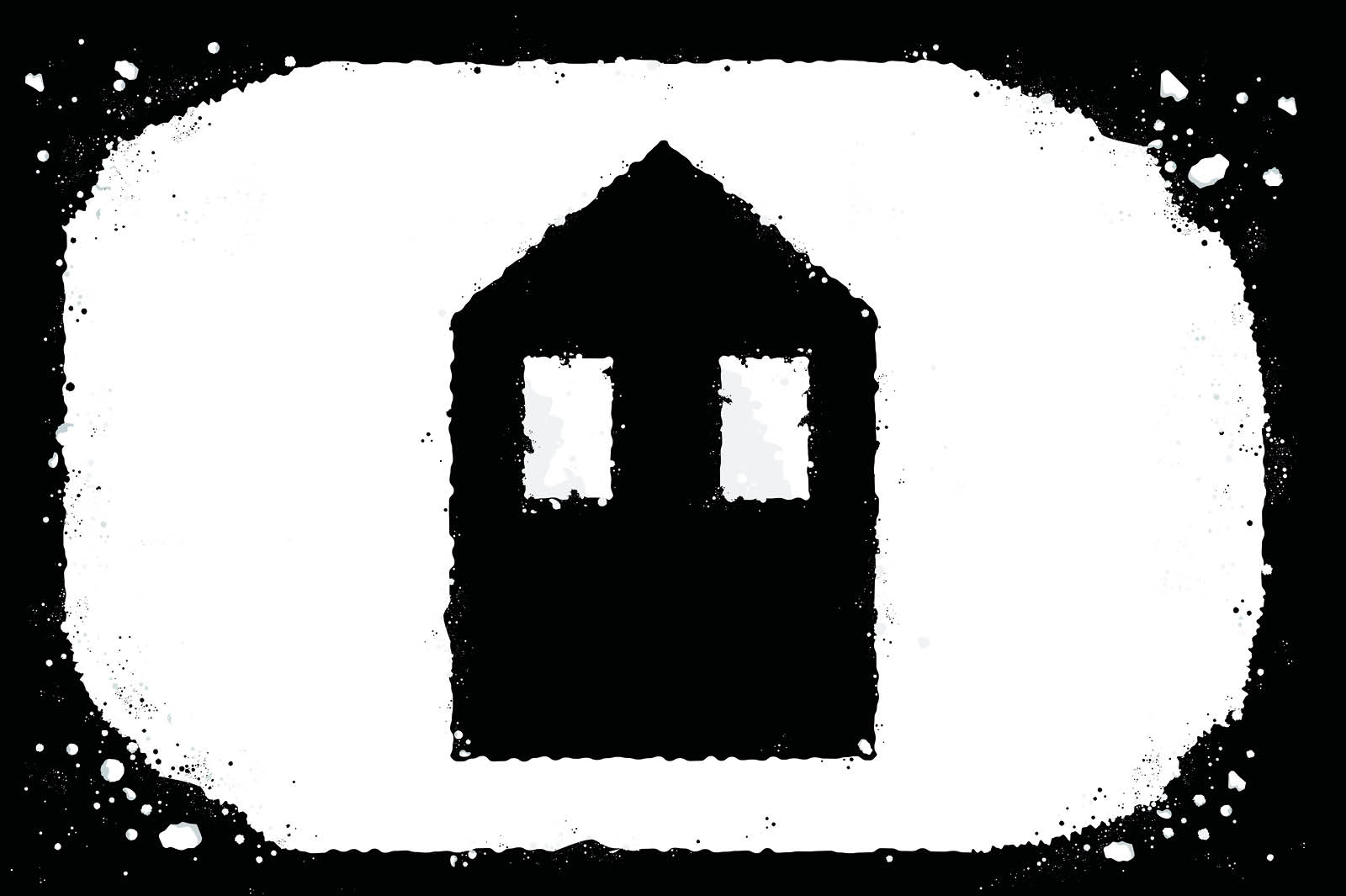I played my last hand of poker on an innocuous Saturday afternoon in October. My pocket Kings lost to 4-7 offsuit.
They shouldn’t have been in the hand at all, but I still did everything wrong at the end, and there went $500 to some sweaty moron directly to my right.
“Clock me out,” I said to the dealer, my hands shaking. They’d seated me at the table right by the door, so I at least was able to contain my temper tantrum until I got outside.
“FUCK,” I screamed loudly enough so they could hear me inside — and also probably down the block. “SHIT SHIT GODDAMN IT FUCK!”
I bashed my lunchbox against the wall. It tore at the handle. I kicked a post. It bent my toenail back. And I kept screaming, cursing my luck, damning the gods, destroying my lunchbox.
A security guard appeared.
“Sir,” he said. “I’m going to have to ask you to leave.”
“You’re kicking me out?” I said.
“You have to go now.”
“I’m not hurting anybody.”
“But you could,” he said.
And that was when I knew. As soon as a security guard appears, it’s time to enter recovery.
And thus my not-so-glorious poker career ended.
In late August, a new card room opened up five minutes from my house. The previous iteration of this franchise had been small and kind of grim, located next to a tire store, so you always came home smelling like rubber. But this new location had soaring ceilings with wood beams, more flashing TV screens than a casino sportsbook, a full bar and decent restaurant, and enough amenities to make even the average shmo feel like something approximating a high-rolling client.
And the games were amazing. Even at the lowest stakes, thousand-dollar pots were common, even expected. Whales and punters flopped around, practically giving money away to players who were good and patient. I went on an incredible run, the best I’d ever experienced without winning a big tournament; I made several thousand dollars in a month at the lowest stakes, not doing anything special.
But in poker, as in all gambling, a terrifying cold streak lurks behind every hot streak. And it hit me suddenly. One night, I lost $180, no big deal. But the next day, I lost $1,000. And $1,000 the day after that. After one day off, where I mostly sat at home feeling shaky and dyspeptic, I entered a tournament, accumulating the most chips with eleven players left. But suddenly my cards ran drier than I could possibly have believed. I busted out one spot before the money. The card house put up a photo on their website, accompanied by the caption, “With the elimination of Neal Pollack, the rest of the players moved to the final table.”
That was the ultimate trigger, the final humiliation. My temper tantrum happened two days and $2,000 later. And I was done.
I hadn’t played poorly during my losing streak. Mostly, I just ran bad and played too much and found myself too emotionally attached to the outcome. But such is the addict’s mindset. I couldn’t just show up and play poker. I had to play poker compulsively, like a crazy person.
So instead of pursuing the big money in the ongoing tournament series, I went to a Gambler’s Anonymous meeting one evening at a nearby church. It was just me and one other guy in a stuffy room, with a few other compulsive gamblers Zooming in on their phones. It was the opposite of glamour. Exactly what I deserved.
The group asked me to answer a twenty-question survey. If the answer to five or six of the questions was “yes,” then they usually consider you a problem gambler. I answered yes to fifteen. The marker went down. October 19, 2024 had been the day of my final bet.
It wasn’t even that I’d lost money. I’d actually made money playing poker. We bought a car with my winnings. I got an electric bike. My wife and I went on a couple of nice vacations. But the game had consumed my brain. I’d played all day and all night, clicking cheap $5 games online whether I’d won or lost playing expensive games live. All my mental and emotional energy had gone toward playing poker, consuming poker instructional materials, watching videos of other people playing poker. My work, my family, my friends and my other hobbies were reduced to 10 percent of my mental pie. Poker had become everything. And so, yes, I was an addict.
In the week after I quit, I went to the movies every day. I even spent a little time reading a book. When it was my turn to cook dinner, I picked recipes that would be more time-consuming and more complicated than usual. I felt poker calling me. But I deleted the apps from my phone. I unsubscribed from the emails. And when I thought to myself, “Well, I could just go to the card house for a couple of hours,” I simply didn’t. Instead, I turned on the TV, or played with my dogs, or just did anything instead of playing poker, even if that thing was just staring at a wall, which sometimes it was.
I want to play every day. Hell, I want to play right now. But I know that I can’t, because if I do start again there will come a moment when I’ll lose money I can’t afford to lose, or get into a fight that I can’t possibly win, or humiliate myself some other way.
Poker is a beautiful game, and somewhere out there are people with non-addict brains who will become very rich from playing it, or at least won’t go publicly insane if they lose. I often found myself dreaming of the adulation that would come from winning a World Series of Poker bracelet, or at least a cheap glass trophy from my local card room. Of being Mr. Big Rich Important Poker Man. That’s going to happen for someone. But it’s not going to happen to me.
This article was originally published in The Spectator’s December 2024 World edition.


























Leave a Reply